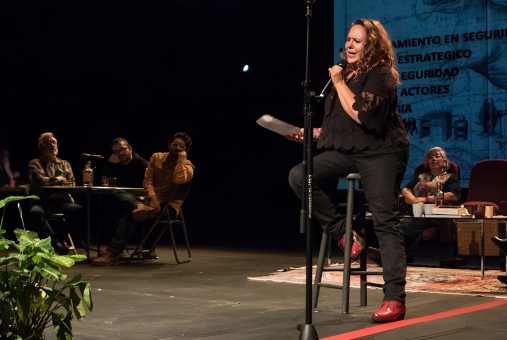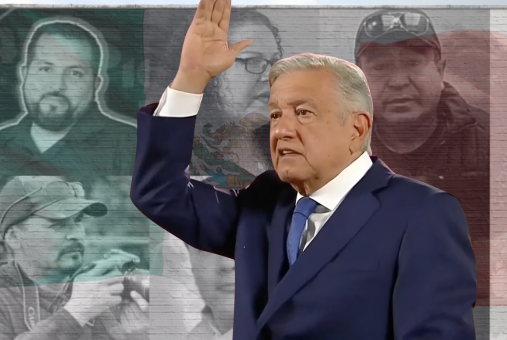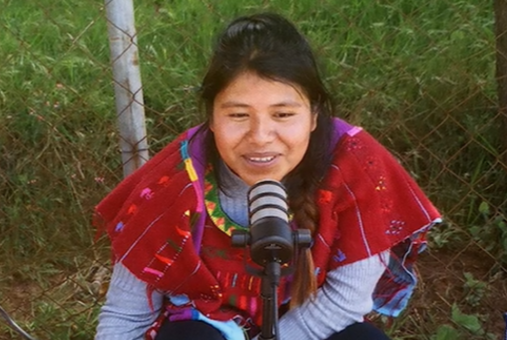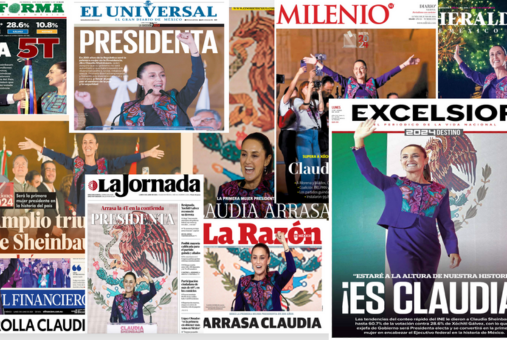
Collusion by authorities, lack of official data and indifference from society make it difficult to cover human trafficking and exploitation, according to journalists who have investigated the topic in Colombia, Mexico and Paraguay.

“The journalists tell,” a production from theater company Teatro Línea de Sombra and independent media outlet Elefante Blanco, seeks to raise awareness about the press’ experiences in Mexico.

These were the main challenges faced by journalism and press freedom during Andrés Manuel López Obrador’s government in Mexico.

Participants of a cross-industry meeting in Mexico City emphasized the importance of collaboration, a global community, digital literacy and public support for journalism.

The creators behind Periodismo de lo posible are rethinking what it means to have an impact with journalism, looking beyond clicks and efforts to go viral.

Film co-produced by Mexican actors Diego Luna and Gael García Bernal tells stories of journalists subjected to threats, attacks, forced displacement and exile, and who maintain their commitment to journalism and the public’s right to information.

Nayelli López Reyes, a weaver and an activist, created a vivid podcast of courageous women speaking out against violence in their community.

GIJN spoke to reporters from outlets based in Colombia, Honduras, and Mexico, as well as from two region-wide projects, to hear how they carried out their recent work, where they are innovating on this beat, and how they are changing the narrative about organized crime from a focus on kingpins to investigations into the impact of organized crime on ordinary people.

Disinformation and obstacles to accessing public information are some of the challenges that journalists from Bolivia, Colombia and Mexico have faced when covering issues related to water. Reporters shared recommendations to improve coverage of the water crisis, including the use of long-term and long-form reporting.

Days before her landslide victory at the polls and election as the next Mexican president, Claudia Sheinbaum made a commitment to Reporters Without Borders to protect journalists in the country. To keep her word, she will need to promote profound reforms in the Mexican justice system.

After presenting VerificAudio, an AI tool to detect manipulated audio material and combat disinformation, the PRISA media group will begin using it in its news stations in Spain, Mexico, Colombia and Chile. It’s also considering collaboration with other media that are interested in the tool.

The importance of monitoring disinformation in political campaigns, the risks of using social networks to influence public discourse and the current role of fact checking were some topics that panelists from Argentina, Brazil and Mexico addressed at the International Journalism Festival 2024, in Perugia, Italy.